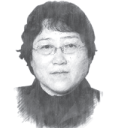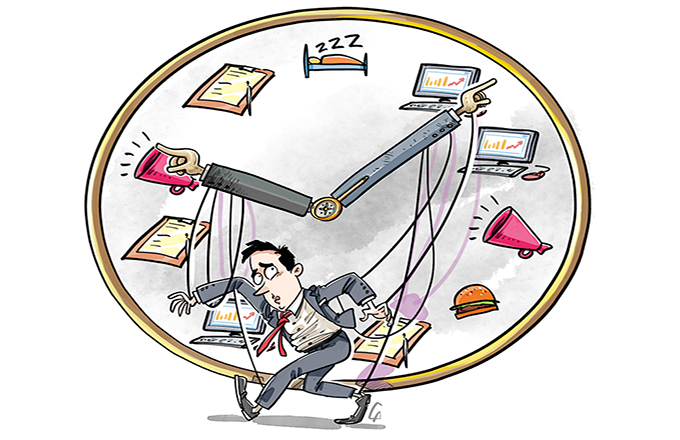'Safe' cars for women won't go down the tube
 |
| MA XUEJING/CHINA DAILY |
Editor's note: The decision of local authorities in Shenzhen, South China's Guangdong province, to run some women-only coaches on several metro lines as a pilot project has sparked a public debate. Three scholars share their views with China Daily's Wu Zheyu on the issue. Excerpts follow:
Welcome move in the right direction
 |
|
Li Yinhe, research fellow at the Institute of Sociology, Chinese Academy of Social Sciences [Photo/China Daily] |
History has many examples of segregation, such as racial segregation. In the US, for example, the Montgomery Bus Boycott started on Dec 5, 1955, four days after Rosa Parks, an African-American woman, was arrested for refusing to yield her seat to a white man on a Montgomery bus. The boycott that lasted more than a year ultimately forced the US Supreme Court to declare the segregated seating unconstitutional and order Montgomery to integrate its bus system. But the Shenzhen metro pilot program cannot and should not be compared with racial segregation.
Radical feminists may still criticize the move, saying it could worsen the gender disparity. Average or radical, all feminists pursue equal rights for women. The difference is that moderate feminists accept there exists a gap between men and women in terms of physical strength while radical ones refuse to recognize any difference between them.
I disagree with radical feminists. Only if we accept the difference between genders can we chart the course for pursuing equal rights. The National People's Congress, for instance, has a minimum ratio for female deputies-at least 20 percent of the total number-which is a good way of protecting women's political rights. In the absence of the minimum ratio, the number of female deputies could drop drastically.
The fact is, women are the disadvantaged lot in crowded buses and metros, and many of them become victims of sexual harassment. In this regard, the pilot offering women special cars in metros is a move toward narrowing the gender gap. A survey can show the acceptability level of the pilot project as well as expose the loopholes in it, which can then be plugged.



















